Healthy Pumpkin Recipes -
An Endless Variety of Ways to Cook this Versatile Food
Add more color to your life, include more pumpkin in your diet, and reap the benefits of this wonderful vegetable with our healthy pumpkin recipes.
Pumpkins are the most famous of the winter squashes and they come in a huge range of colors, sizes and varieties. From a culinary point of view most are interchangeable with just a slight variation in taste. It just means you may need to use more seasoning or flavouring.
But the great thing about them is they harmonize so well with other ingredients and flavors they can be used in almost any dish. In fact winter squash can be used in a myriad different ways, from roasting, baking, steaming or sautéing.
Pumpkin Recipes
Baking
Dessert
Soup
Others
Buying and Storing
All winter squashes may be stored for long periods, up to several months in a cool, dry, dark spot.
When buying your pumpkin look for ones that feel firm and heavy for their size. They should be free of mold with clear, unblemished skins and have a consistent coloring.
Preparation
Pumpkin and other squashes have a tough outer rind and a center filled with seeds that should be removed before cooking. Peel pumpkin with a large, sturdy knife and scrape away all the seeds and stringy fibres then cut into either halves or pieces depending on the cooking method.
Cooking Pumpkin
To steam – Place pumpkin in a covered steamer over boiling water. Reduce the heat and steam for about 30 minutes until tender.
To bake – Cut the pumpkin into serving size pieces and arrange cut side up in greased baking dish. The rind can be left on or removed. Bake in a 190°C / 375°F oven for about 45 minutes or until tender.
To boil – Bring about an inch of water to the boil in a large pot then add your chopped pumpkin. The cooking time will depend on the size of the pumpkin pieces. Larger pieces will take about 20 – 25 minutes, but smaller half-inch cubes will only take about 10 – 15 minutes.
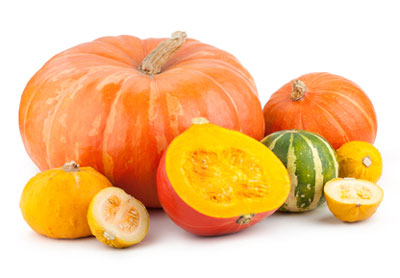
Pumpkin Nutrition
Nutrition-wise pumpkin packs a powerful punch. High in fiber and low in calories pumpkin is loaded with minerals and vitamins. But it is pumpkin’s bright orange color which provides the clue to its antioxidant properties.
Rich in beta-carotene, half a cup of pumpkin provides twice the daily recommended dietary intake of alpha-carotene and beta-carotene. Foods rich in carotenoids have been shown to reduce the risk of various cancers, prevent heart disease and decrease the risk of cataracts and macular degeneration.
It also contains potassium, magnesium and vitamins C and E. Vitamin C is well known for strengthening the immune system, while Vitamin E promotes healthy skin.
If you are using fresh pumpkin don’t throw away the seeds. Pumpkin seeds are highly nutritious; rich in protein and minerals. Just a handful of these seeds offers a concentrated source of protein as well as magnesium, zinc, B vitamins, fiber and omega-3 fatty acids.
Home » Healthy Pumpkin Recipes

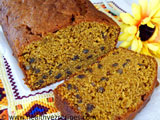
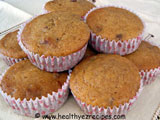
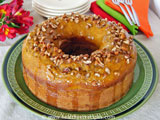
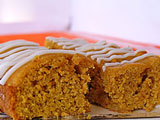

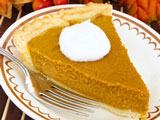
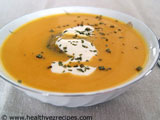
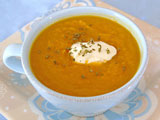
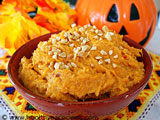
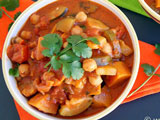
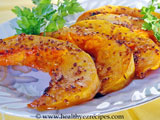
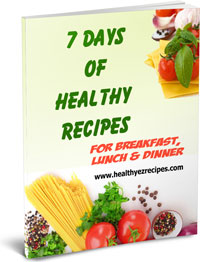

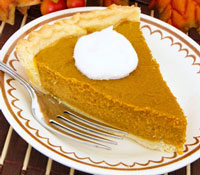
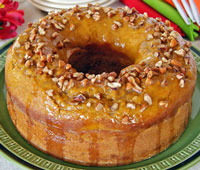


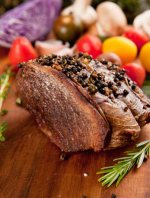
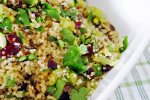
New! Comments
Have your say about what you just read! Leave me a comment in the box below.